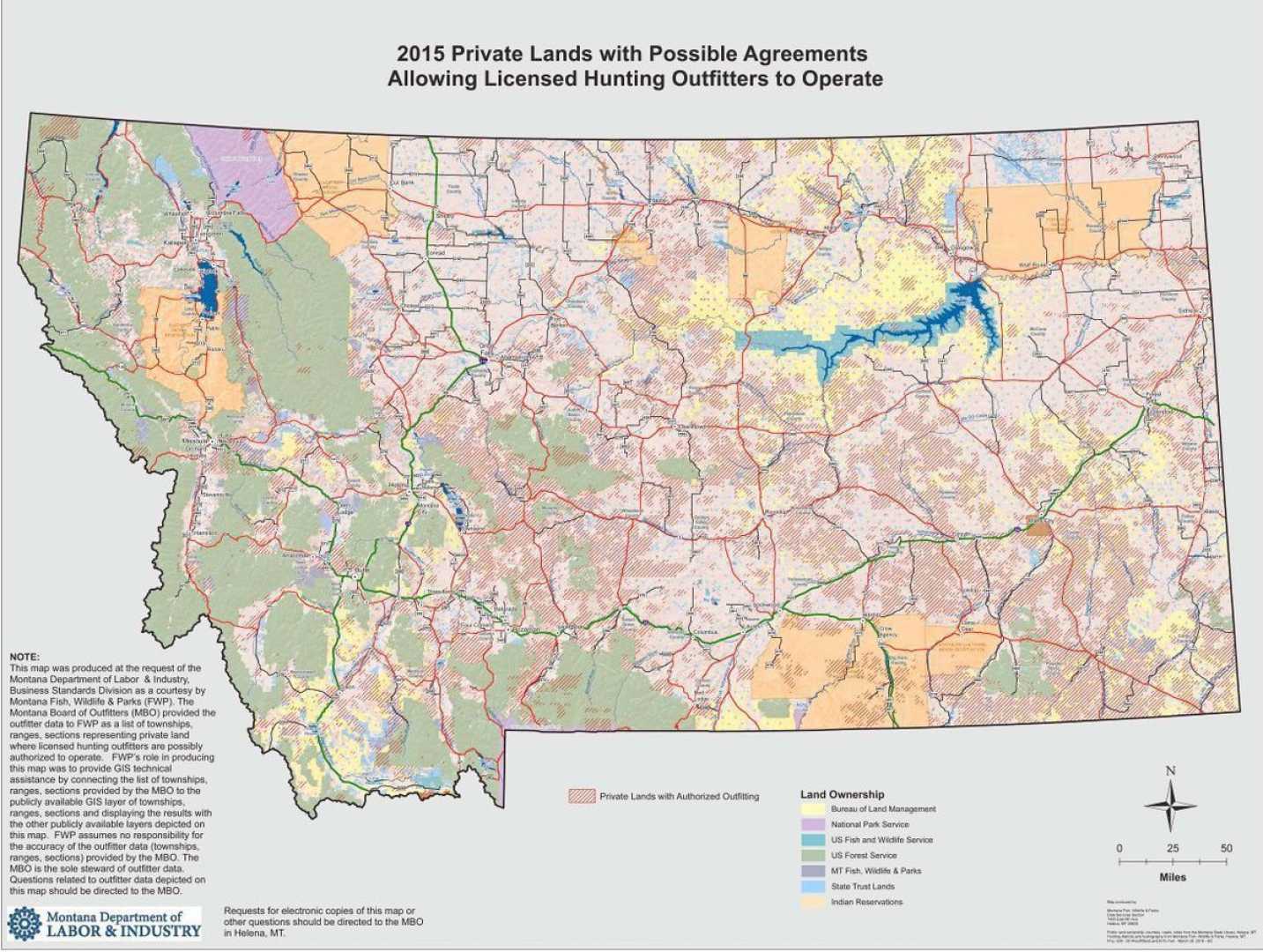News
Montanans Rally Against Potential Sale of Public Lands

HELENA, Montana – Residents in Montana are rallying against a proposal to sell federal public lands, perceived as an attack on their lifestyle and values. Earlier this year, the initiative surfaced in Congress and was introduced as part of a broader legislative effort dubbed the “big, beautiful bill.” Rep. Ryan Zinke, a former Secretary of the Interior, has taken the lead in opposing the measure, emphasizing its significance for all Americans.
“It’s not a Democrat or Republican issue. This is an American issue,” Zinke said. “And once you sell land, you’re not going to get it back.” The federal government manages about 640 million acres of land across the U.S., primarily located in the West and Alaska, much of which is vital for recreation, conservation, and economically significant activities like ranching and mining.
In a proposal brought forth by Utah Sen. Mike Lee, as much as 3 million acres of federally owned land could be sold. Lee argued that selling public land could help address the housing shortage and reduce national debt. “The federal government controls more land than it can manage, hurting the growth and prosperity of American families and their communities,” Lee said.
Montana is known as “Big Sky Country,” but locals often refer to it as “the last best place.” The state is largely rural, with about 30% of its land federally owned. Despite being roughly the same size as California, Montana’s population is only about 1 million. Residents tend to have close connections with their neighbors, even those living miles apart.
Montana rancher Bryan Mannix highlighted the spiritual connection many feel to the land. His family has cultivated the same land since 1882, affirming their role as its stewards. Mannix expressed concern about the sale of public land, stating, “Because this place is going to outlast all of us by a long ways.”
Property prices in Montana have soared nearly 70% over the last five years as wealthy newcomers flock to the state, which has prompted fears about the impact of potential land sales. Logan Mannix expressed his worries about the implications of such proposals, saying they would greatly affect their ranch operations.
Community members across the political spectrum are uniting in their commitment to public lands. The Ruby Valley Strategic Alliance, comprising hunters, ranchers, and conservationists, voiced opposition to land sale proposals and urged their representatives to protect these spaces. “We all realize the importance of public land. And once it’s gone, it’s gone forever,” said conservationist Donna McDonald.
Rep. Zinke, representing western Montana, shared his view on public lands as part of the nation’s heritage, saying, “Public lands is our inheritance of this great nation. And we’re blessed with it.” Although he supports case-by-case reviews of land use, Zinke firmly opposes any widespread sale.
While a special exemption for Montana was granted concerning potential land sales, the long-term fate of public lands remains uncertain. Community members like Chris Edgington warn that allowing any sales could be a slippery slope, saying, “If we sell this chunk or that chunk, where would it end?” The debate about public land sales is expected to resurface in Congress.












